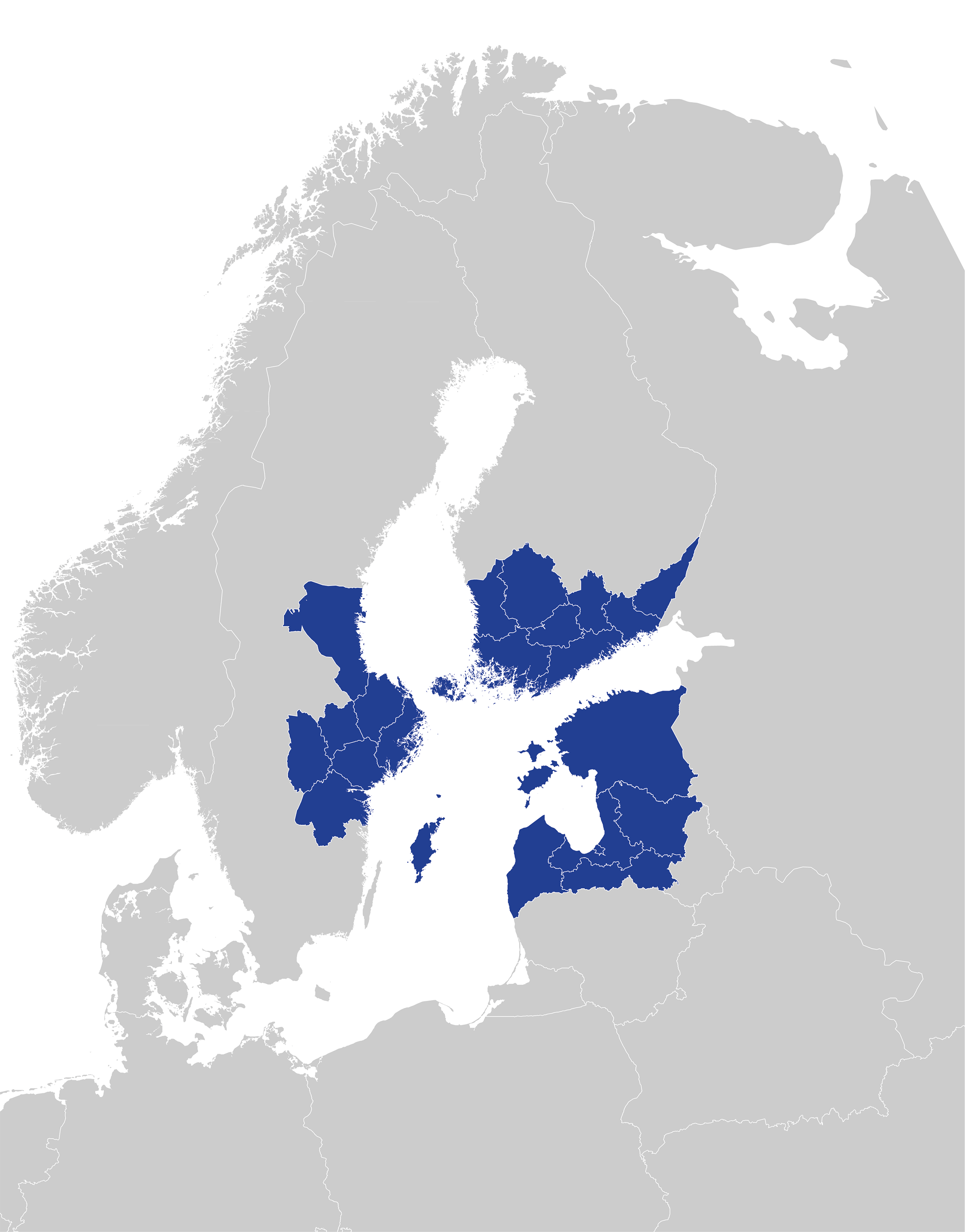This is development site
TransFarm
TransFarm

TransFarm
Agriculture is one of the sectors that will be affected by climate change, and still is the main contributor to eutrophication in Europe. To face these challenges the BSR needs to adopt circular solutions that allow saving of water and fertilizers, prevent nutrients emissions in the environment and allow the integration of food production systems in the cities, for a more resilient urban environment.
In this perspective the TransFarm project fosters the spread of circular and soil-less methods, such as aquaponics, a farming method where fish and vegetables are grown in symbiosis. The project adopts a holistic approach that works across the three dimensions of sustainability to build a more resilient food system. Bringing circular food production in the city and growing all year round both vegetables and fish will contribute to a reduced environmental impact, will improve the access to healthy food and will create new jobs.
TransFarm project has the unique approach of bringing improvement in the food system chain by leveraging training and demonstration activities. The project demonstrates such systems in three of the participating countries: Sweden, Estonia and Latvia. Demonstration sites will be platforms for experience exchange and technological know-how transfer to different stakeholders in BSR countries. This, together with the training provided to a selected group of stakeholders, a free access internet platform and seminars raise the awareness of consumers and producers in usage of such food systems. Project activities will promote innovations in natural resources and societal challenges. This holistic approach can be developed through collaborative learning that involves stakeholders in an early stage of the project and by exchanging knowledge across borders of BSR.
Project total budget = 1.869 tEur. Budget per partner as follows:
UTU: 223 tEur
UCV: 705 tEur
LU: 316 tEur
EULS: 457 tEur
CRN: 168 tEur
Expected results
The project main result is the demonstration of potential of resilient circular farming systems that can supplement the food production chain. The main impacts will be measured as actual improvements in comparison to conventional systems:
*Reduction of virgin materials: Water and Soil – Baselines: A greenhouse of 1000 m2 with tomatoes or cucumbers uses about 800-1000 m3 of water during the growing season (SLU). Target: The project will demonstrate that aquaponics can use up to 10% of the amount of water.
*In Sweden between 2011 and 2020 the use of soil for horticulture has increased of 9%, being of 13992 ha in 2020 (SCB). Target: The project will showcase a method that contributes to prevent further soil use.
*Reduction of waste: Nutrients – Baseline: In tomato growing 35-40% of nitrogen can disappear with run-off water, going into groundwater and water bodies (SLU). Target: The project will showcase a closed loop method, with no run-off of nutrients in the environment.
Duration 01.03.2023 - 28.02.2026
Total budget
Programme priority
Improved environment and resource useProgramme objective
PO3 - Joint circular economy solutionsLead partner
University of Turku

Find TransFarm on social media